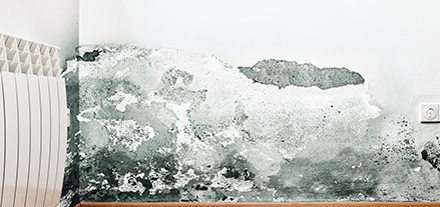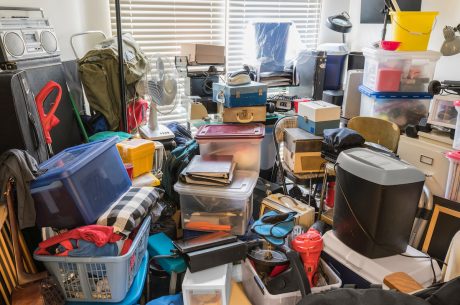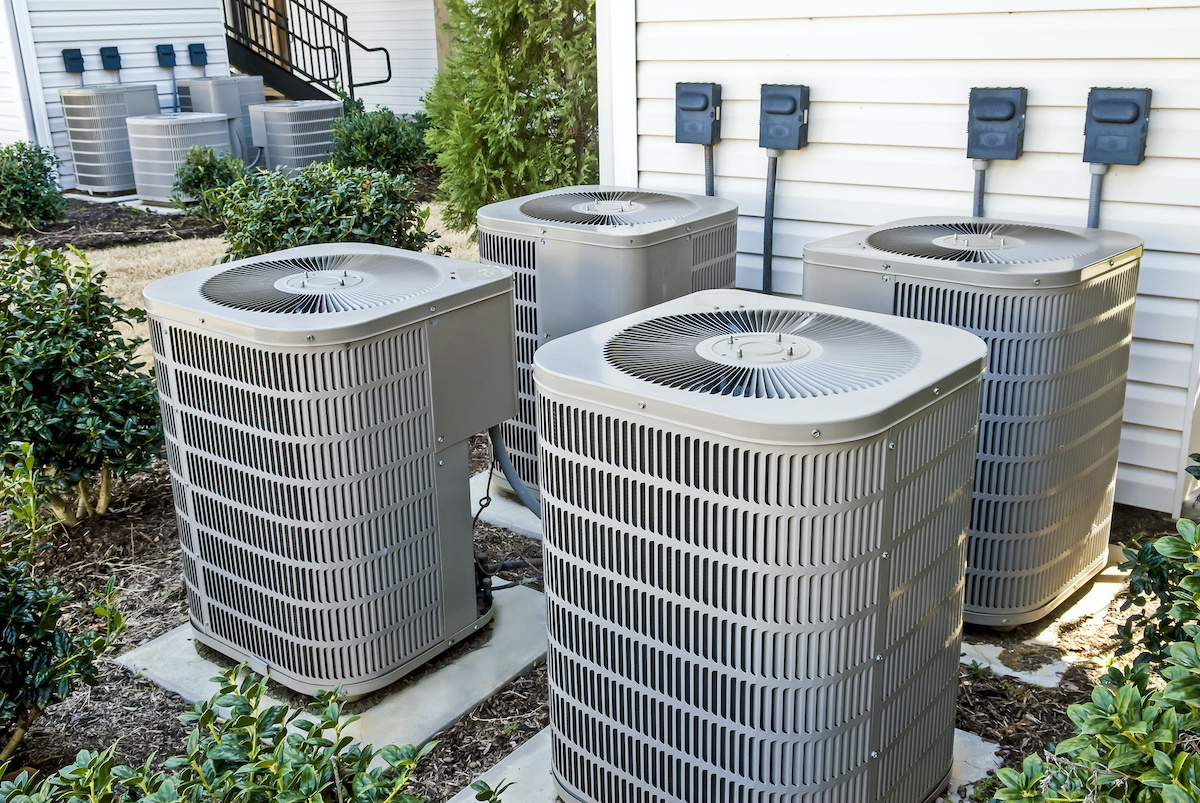Black mold, also called toxic black mold, feeds on organic material and moisture. In homes, it commonly grows in areas such as the bathroom, basement, or kitchen. The Center for Disease Control recommends that all molds found in the indoor environment be eliminated, as mold exposure presents health risks to occupants. If cleaning black mold yourself is unavoidable, make sure the affected area is smaller than 10 square feet. However, call a professional for larger mold infestations.
What To Do When You Have Black Mold
When you’re ready to begin the black mold removal job, wear protective gear before going near mold: goggles, dust filter mask or respirator, clothing that covers your whole body, and gloves. Mold exposure can cause respiratory problems, such as coughing and other symptoms.
Drying the Affected Areas
If the moisture problem is not remediated, mold will recur after the black mold removal process.
- Fix leaks in damp areas around tubs or sinks, as well as cracked or damaged pipes.
- Water may seep into your home through dirty or damaged gutters, so make sure the gutters are clean and in good shape.
- Make sure the ground around your house slopes away to keep the basement and crawl space dry.
- Provide as much ventilation in your home as possible to keep the air flowing and maintain a dry indoor environment.
Seal Off The Room Where The Mold Is Growing
Use plastic sheets and duct tape to cover openings such as vents or doorways. These materials prevent mold spores from spreading to the rest of your home when disturbed in the black mold removal process.
Inspect The Area
Next, decide which materials can be cleaned and which you should throw away. For instance, moldy drywall most likely needs to be discarded and replaced. If there was mold on carpet or other fabrics for more than 24 – 48 hours, these items should also be thrown away in most cases.
Remove the Mold
Begin this when the area is dried and sealed off. Scrub the surfaces with a detergent solution; multiple washes may be required for tougher mold spots. Avoid using bleach since bleach does not prevent mold from recurring. After cleaning, dry the surface quickly with the help of dehumidifiers and fans. Vacuum the remaining mold spores using a HEPA filtered vacuum cleaner.
If you’re remodeling after the mold removal, use water-resistant materials, such as tile, stone, deep-sealed concrete, waterproof wallboard, water-resistant glues, etc. Note that using water-resistant materials does not guarantee that mold will not occur. Mold will grow on these materials if there are moisture and a food source (organic material such as dirt or mud) on them and warm conditions.
Mold Cleaning Do’s and Don’t’s
When you see mold or suspect it exists in hidden places, addresses the issue immediately: deal with it yourself or call a professional to treat large areas affected with mold.
Don’t Use Bleach
Bleach kills live mold, but not the mold spores. In fact, if you clean mold with bleach and water, faster mold growth can occur. Use household detergent instead.
Don’t Neglect Your Safety
Mold is very damaging to your health. When cleaning mold, wear gloves, a dust mask, and eye protection.
Do Fix the Source of the Moisture
Since mold grows on wet or moist surfaces, it is important to first fix the water problems before cleaning. Identify and fix the leaks that produce moisture.
Do Clean Small Areas
Once the moisture problem has been fixed, remove the mold from areas less than 10 square feet by scrubbing a mixture of household detergent and water on the surface.
Do Dry the Affected Areas
After cleaning the mold, dry the area in order to prevent mold growth from reoccurring. Use fans to speed up the drying process.
Call PuroClean for Professional Mold Mitigation Services
In worse cases, where the mold-affected area is larger than about 10 square feet, hiring a mold removal company is strongly recommended. Professionals have specialized equipment and implement advanced black mold removal techniques to bring the property back to pre-loss condition. For professional fire, water, and mold restoration services, contact your local PuroClean office.




 PuroClean Emergency Restoration Services
PuroClean Emergency Restoration Services